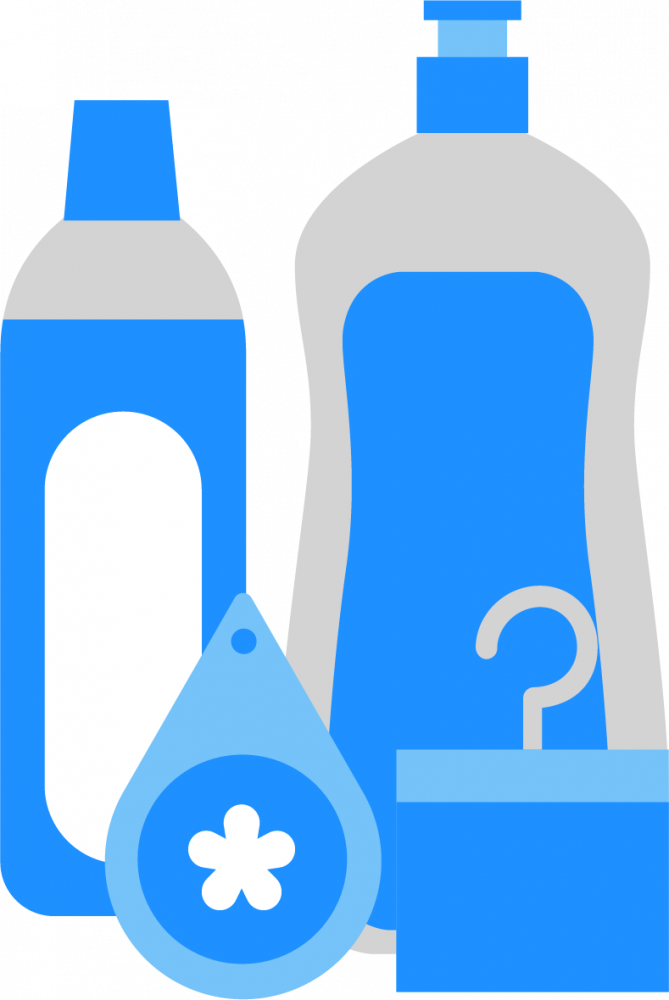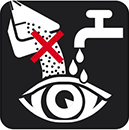
Benefits
Over time, grease and limescale build up in the vital parts of the dishwasher i.e. filters, spray arms, pipes water pump and drains. The dishwasher needs to be kept clean to do its job properly.
-
Rinse aids are needed if you don’t use a multi benefit product. They work during the rinse cycle to prevent glass spots and ensure streak-free drying of glasses and dishes, so they come out sparkling.
-
Machine cleaners actively clean all parts of the dishwasher, eliminating grease and limescale. A cleaner dishwasher means cleaner dishes.
-
Regeneration salts soften the washing and rinsing water which improves cleaning performance and helps to prevent spots and water marks on dishes.
-
Glass corrosion inhibitors help to protect glasses from going cloudy and patterned crockery from fading, keeping them shiny and bright.
-
Machine deodorisers remove odours in between washes and ensure that your dishwasher smells clean and fresh without leaving a strong fragrance on dishes.
Safe use
-

Keep away from children.
This icon was officially endorsed by the United Nations in mid 2019 and included in the GHS Sub-committee guidelines (Globally Harmonized System of classification and labelling of chemicals).
-

Keep away from eyes. If product gets into eyes rinse thoroughly with water.
Sustainable use
-
Follow the instructions on the label for all dishwasher aids.
-
If dishes don't come out dry, try adjusting the setting for the rinse aid dosage.
-
Adjust the softener unit according to the water hardness of the tap water. You can find out about the water hardness in your area from your water supplier.
-
Regeneration salts work effectively in the softening unit of the dishwasher to soften the water.
-
Regeneration salt boosts the cleaning performance of the detergent by preventing spots and watermarks on your dishes.
-
They are free from impurities and specially granulated, so that the dishwasher's built-in water softening unit works effectively.
-
Other salts may contain impurities which could damage the water softening unit.
